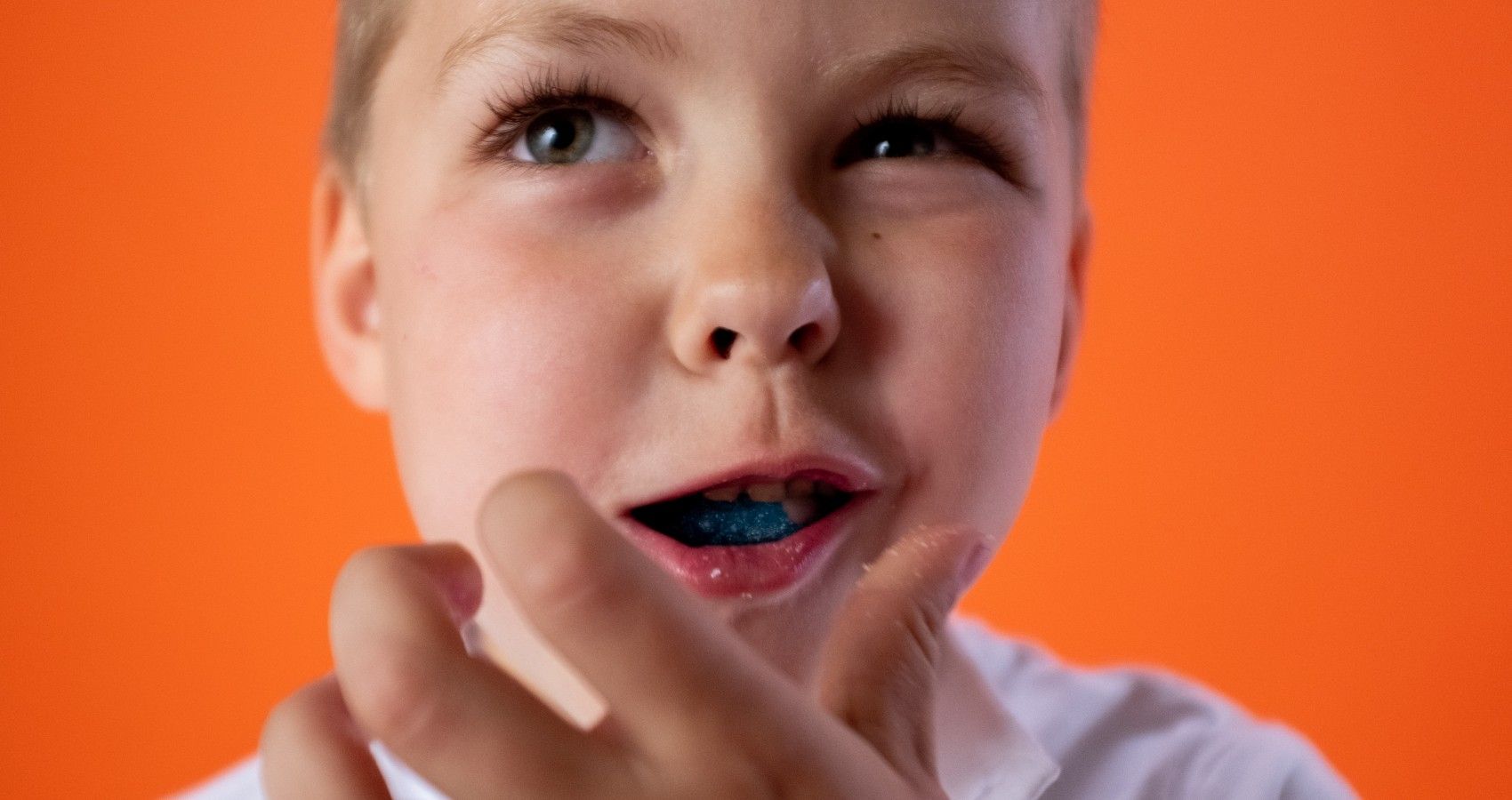A new study has found that adults can sometimes make “snap judgments” about children by the facial cues that children make. A lot of moms may recognize this scenario, she hears a noise and goes to investigate. She runs into the room and sees a potted plant on the floor, and her two children standing there. Before either of the children have a chance to speak, she may already be laying blame on one of the children, and it may be the innocent one. That is because adults are reading kids' facial cues, and this is what they are basing their judgment on.
According to Medical Xpress, research was done by Brock University in their face perception lab that has found that perceptions of children’s faces that are made in a split-second can lead adults to make judgments on not only their intentions but also their character.
This connection can be vital for parents and educators and can serve as a great reminder to reserve judgment until you get a chance to know what happened and hear from that child.
Sophia Thierry was the one who carried out the experiment and came to this conclusion. Sophia put together pictures of children who had their faces rated previously as being “nice” or “mean.”
The faces in the picture were neutral for the most part, but held subtle emotional cues and were either “baby-looking” or had a more mature look to them.
The children were then placed in four different situations and the adults in the study were asked to relay a story based on what they think happened. To give an example, one scene depicted a situation where one child was either helping or hurting another child. The children whose faces were rated as “nice” were more likely to be depicted as helping the other child, and the children with “mean” faces were seen as hurting.
These were judgments made based on the look of the child. There was no other information given or explanation for what was going on in the picture. The adults were also asked to respond to a story. Stories were told about children misbehaving, and when shown the pictures, adults believed that those with the “nice” face did it by accident, but those with a “mean” face did it on purpose.
These presumptions can be harmful to children at home and in school, and it shows that adults may be capable of some of the most blatant judgments when it comes to children. Motherhood is tough, but this reminds us all to take a step back before jumping to any conclusions.
Sources: Medical Xpress, Brock University

